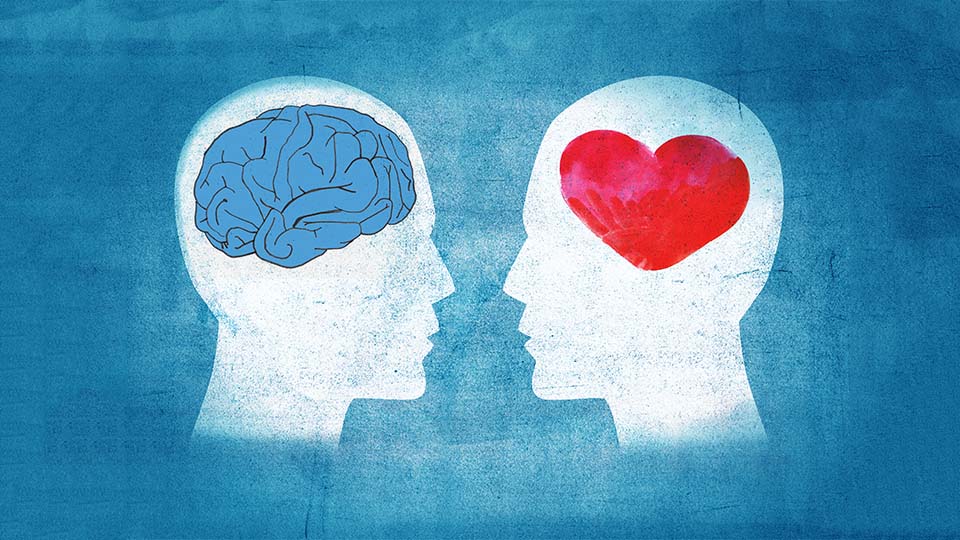We have already seen the two steps a pastor must take to help the congregation get stronger – self-growth and build a team . But there are also two steps the people of the church must take to contribute to the same health journey. Many congregants know the frustration of a revolving door of pastors with their unique visions, ideas, and strategies. A frequent change in pastors can lead the congregation to forget that they, too, have some responsibility for what their church is becoming.
I once chuckled at a guest preacher when he began a sermon’s scripture reading by saying, “Turn with me in your iPhones to James chapter 2.” Of course, the congregation chuckled as well, but he was right — many churchgoers in the 21st century do not bring their bibles to church anymore instead, they utilize their smart phones — and for much more than just reading scripture during sermons. This article will assess the challenges and the advantages of preaching in the smartphone age.
With thousands of churches plateaued or in decline, many of which are aging with the future growing more ominous each day, I’ve been searching for simple and powerful steps in a new direction. Many struggling churches are overwhelmed by a culture of “can’t.” They hear the ideas that turn around other congregations, but find most of these beyond their current abilities, resources, and people. There has to be a “can” out there with every church’s name on it.
Offense. We have all been there. The time your boss joked about your proposal. The time your good friend spoke truth about your new haircut. The time your in-laws commented on your parenting efforts. We take offense. It’s a verbal phrase. Take. Because it is an action, we make a choice. To take or not to take?
How do we disciple millennials? This is the second part of our 2 part series dedicated to answering this question. Millennials have much to offer the kingdom of God, but just like all of us, they need discipleship. In Part 2, I give 4 more tips to help church leaders and other Christians as they attempt to disciple the millennial generation. Make sure to check out Part 1 .
“Will millennials be the death of the church as we know it?” This was a question I saw someone ask online. No generation is going to kill the church. Jesus promises that. But the question itself suggests that millennials may arguably be the most criticized generation to date. Ministering to a younger generation can always be challenging, but I believe the future is bright not in spite of millennials but because of them. Let’s talk about how to disciple the millennial generation.
Suicide. It can be a scary word, even for mental health professionals. No matter your profession, you are likely to come across individuals who might be currently experiencing suicidal thoughts or have so in the past. You might have a co-worker or friend who has a family member who has attempted or completed suicide or is currently struggling with a crisis. It is the role of mental health professionals to be trained in this area; however, a basic knowledge of how to effectively intervene is beneficial for everyone. The following information outlines a few definitions and tips for addressing suicide and helping someone connect to the appropriate resources.
In pursuit of our goals and dreams, we often fail to achieve a balance between work and life. We need the work to pay for the life we want, but often the career or job that’s funding our lifestyle gobbles up our life time. It’s difficult to maintain an equilibrium that satisfies both ends of the scale. If your one of the billions of people trying to reach your goals while teetering on the high wire of work and life here are 10 simple tips that you can use to help achieve greater work-life balance.
The human brain is a complicated part of the body, its function is to react to life experience s which cause chemical reactions . Carrie Abbott of the Legacy Institute explains how your brain reacts during sex and what chemicals are released ; along with how it will affect relationships and future marriages . The bond that sex creates in the human brain strengthens a relationship, however sex is not the only factor that affects any type of relationship. God created sex to strengthen the love in a marriage physically and emotionally by being faithful to one another.
The secular world skews the view of sex and marriage. As laid out in the Bible, God intended to bring males and females together in holy matrimony. Carrie Abbott explains what God’s plans are for marriage between men and women, unity of two people in faithfulness for the Kingdom of God, and why sex is reserved for marriage.









